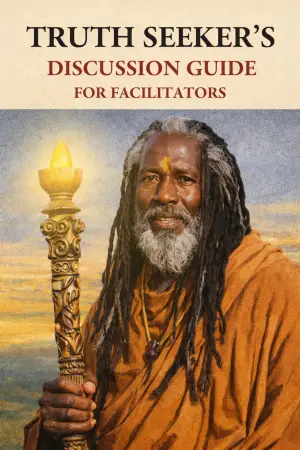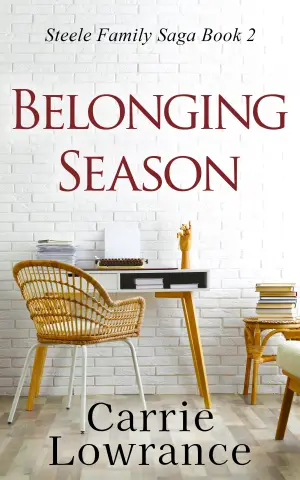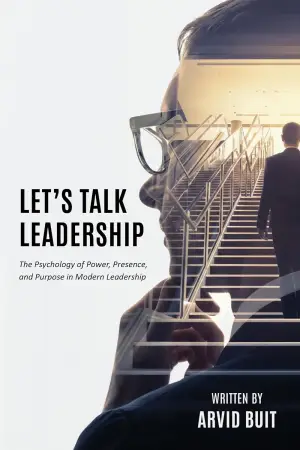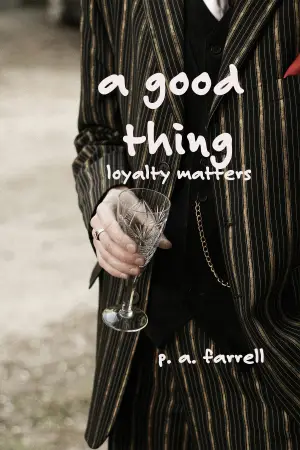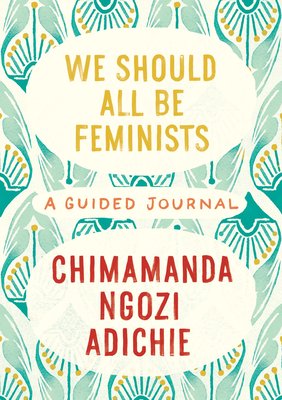
10 Aug Book Review of We Should All Be Feminists: A Guided Journal
Reflecting on "We Should All Be Feminists: A Guided Journal"
Chimamanda Ngozi Adichie has a rare ability to ignite conversations that linger long after the last page is turned. When I stumbled upon "We Should All Be Feminists: A Guided Journal," I was drawn not only by the familiar name that has come to symbolize contemporary feminism but also by the interactive nature of this new release. As someone who often grapples with societal expectations and inequalities, I was eager to dive into a guided journal that promised not just reflection, but also action.
Adichie’s original essay, a profound manifesto shared during a TEDx talk, has inspired many, and this guided journal is a natural extension of her compelling voice. In this absurdly relatable journal, Adichie dives into her own experiences—from childhood misunderstandings about feminism to the persistent stereotypes that she faced as an adult. Each entry beckons us to share in her journey while encouraging us to document our own reflections on gender, expectations, and identity.
One of the themes that resonated deeply with me was the call for self-exploration and honesty. Adichie doesn’t just inform; she invites us into a dialogue. The journal is a space for introspection and vulnerability, asking poignant questions that challenge us to consider our own experiences with gender roles and biases. Amidst questions like "What does feminism mean to you?" and "Can you recall a moment when you felt you weren’t treated equally?" I found myself delving deep into my own memories and feelings—applying Adichie’s insights directly to my life.
Her writing style is concise yet rich, blending storytelling with a fierce clarity. I particularly loved how she uses anecdotes, such as her experience being overlooked for leadership roles in favor of male classmates, to illustrate the insidiousness of societal norms. This not only solidifies her points but also renders her narrative accessible to younger readers, reflecting the book’s aim as a discussion starter.
A quote that particularly stood out for me was when Adichie writes, "We teach girls to shrink themselves, to make themselves smaller." It’s a haunting reminder of how societal conditioning manifests from a young age, and it compelled me to reflect on the implicit messages we often pass on without thinking. This journal doesn’t just present feminism as an abstract concept; it roots it firmly in lived experience, making it relatable and urgent.
I believe this guided journal is especially suited for young adults and anyone curious about the feminist movement. It’s perfect for those just beginning to explore these ideas or for seasoned feminists looking for a new perspective. Adichie’s ability to weave personal and philosophical discourse creates an empowering atmosphere, making this journal not just a resource but a companion in our growth.
Reading "We Should All Be Feminists: A Guided Journal" was an enlightening experience for me, one that urged me to confront my assumptions and engage actively with the world around me. Adichie’s distinctive narrative, paired with the journaling prompts, fosters a space for growth, understanding, and—most importantly—change. In a world that desperately needs more open dialogue about equality, this journal is a step in the right direction. If you seek a thoughtful exploration of feminism that encourages not just reflection but action, then this is a must-read.
Discover more about We Should All Be Feminists: A Guided Journal on GoodReads >>




